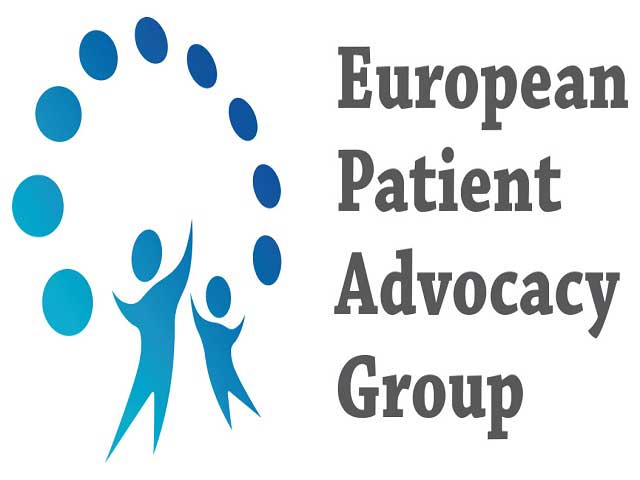Skin diseases and psychological aspects
Skin diseases can also have psychological impact

Two psychological aspects are associated with skin disease.
Firstly, a person with a skin condition looks different and therefore stands out in a negative sense. Even as a child, questions are asked about the visible parts of the condition. This in itself, already has an adverse effect, causing the child to be treated differently when interacting with others (school, swimming pool, beach, etc.).
The second aspect relates to the influence of mood or ‘mental state’. If you are comfortable with yourself and happy in your own skin, you will feel better physically.
Reduced immune system
A psychological shock or a very emotional event can not only make us feel sick and lifeless but can also make us physically ill. Various studies have shown that a number of illnesses are partially due to our mental state. Deep sadness can affect our immune system and the will to live in such situations is of vital importance. An example is the death of a partner, which causes such a psychological shock that the immune system is affected. Our immune system protects us against all kinds of diseases and when this is negatively impacted, we become more vulnerable to disease. Also, as we get older, our immune system weakens, therefore as a consequence, the elderly are extra vulnerable. This could explain why older people become ill more quickly following the death of a partner, as opposed to younger people.
Relationship psychological stress and emotional shock
Although there is little scientific proof regarding the relationship between psychological stress, emotional shock and illness, everything seems to point in that direction. The scientific field covering this is called ´psychoneuroimmunology´ and research has shown that a certain part of the brain plays a major role. This part of the brain is sensitive to emotions and passes signals to the central nervous system and hormone system. In the case of negative emotions, the adrenal glands respond to these signals and secrete certain substances. These secreted substances are in turn important for our immune system. It may be the case that they have a negative effect on the immune system, but it is also possible that they trigger a reaction in the brain. There is a fairly strong consensus that psychological shock and emotional stress affect our immune system. Examples of autoimmune diseases where emotional stress is known to play a role are allergies, eczema and sometimes diabetes.
Positive attitude
Psychological shock or emotional stress do not cause a disease to develop, which means there must already be a predisposition to the disease. However, the negative influence of the mind can cause our immune system to weaken, thereby giving the disease a chance to strike. It is a well-known phenomenon that some cancer patients miraculously recover without any medical explanation. A number of these people were psychologically examined and despite the different lifestyles, certain similarities emerged. When these people were told that they were seriously ill, they changed their lives drastically. The common thread was that these people became more cheerful, optimistic and active. You could, therefore, say that there is a connection between thinking, emotions and the immune system. Practice shows that a positive and active attitude is essential. One should, however, be careful with saying that a person will not get sick if they live an active and happy life.
Expressing feelings
Feeling in control of your life, being able to cope with situations and being confident and sure of yourself have a health-promoting effect. It should however be noted that you should not think that you cannot be sad or unhappy. It is important to express one’s feelings rather than suppress emotions like sadness and frustration, as this can also have a negative influence on the immune system.
Compliment
A simple gesture like an arm around someone’s shoulder or a compliment can have a huge positive effect. A good example of this is the famous “kissing it better” when a child has a minor injury like a scraped knee. This often turns out to have a miraculous healing effect. Sharing grief and emotions with others also helps (just think of the expression: ‘shared grief is half the sorrow’). In summary, one can say that grief and emotions are unavoidable, but they must be properly recognized and processed.
With thanks to Dr. W.W. van der Schaar (medical psychologist).






